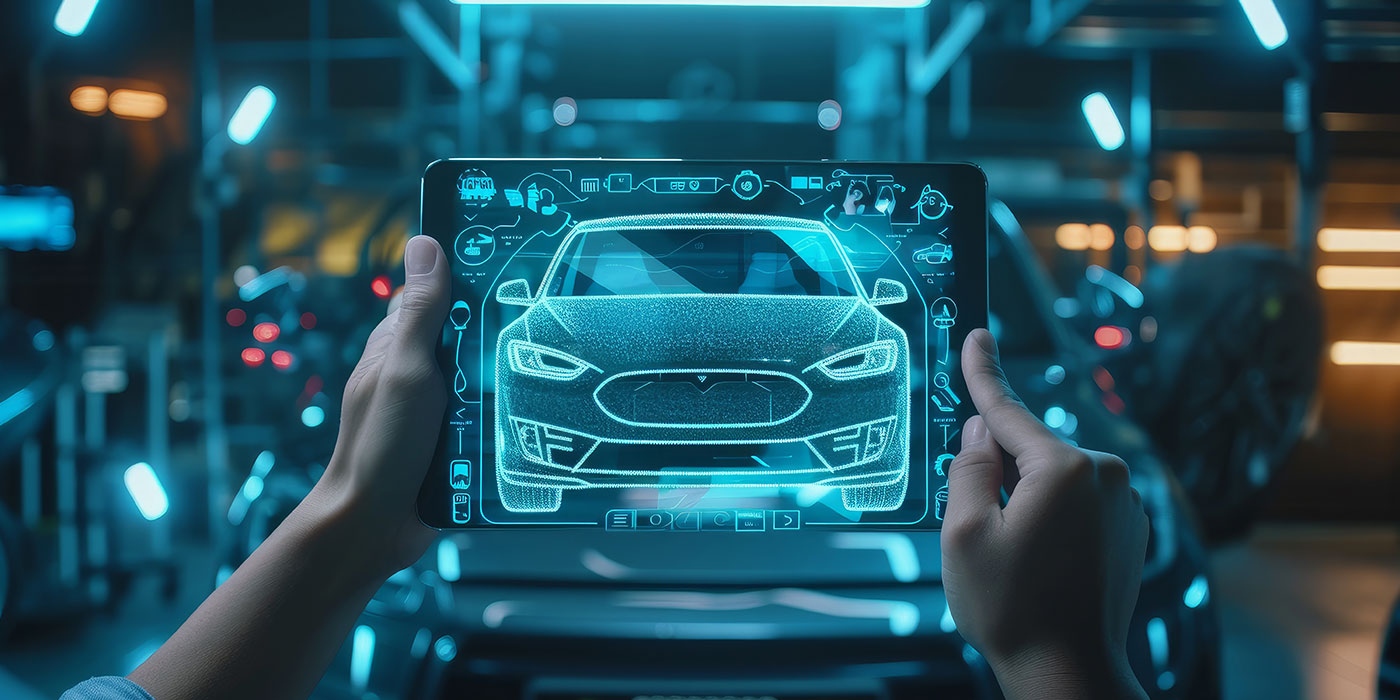I don’t understand.
Why do dealerships spend enormous amounts of money to stay on the cutting edge of technology and marketing, but then make it virtually impossible to do business?
In our area, one Chevrolet dealership has a reputation for continuously updating their facilities with state-of-the-art equipment, from computers and software to the solar panels on the roof. Yet, it also has a reputation for being difficult to work with when purchasing a vehicle. Knowing this, I advised a friend of mine who was looking for a new truck what he should expect if he went to this store.
Being an independent person, he went anyway. After arriving, he took some time on his own to look at some of the trucks on the lot. He found one he wanted to drive, but no one was around to help him. So, he opted to call the dealership from where he was so they’d know which truck he was interested in driving. His call started with a recording informing him that “the call may be monitored for quality and training purposes.” When he reached the receptionist, he asked her to send a salesperson to help him. The receptionist told him, “We don’t do that here. You have to come into the showroom.” And then, she hung up. He called back and again asked the receptionist, politely, to please send someone out so he didn’t have to walk all the way to the building and back. She hung up. He called back again, but this time, he told her what he thought about their service and the dealership, got in his truck and drove off to a different dealership where he bought a brand-new truck.
Who stopped this sale? This dealership has excellent products, facilities, location, technology and marketing, and yet it’s difficult to buy a vehicle from them — even when you fully intend to. Are they training their people or putting money into technology?
I don’t understand. This business has the technology to monitor calls for training purposes, but it fails to listen or correct the problems. Why would any dealership or business employ someone as the customers’ first point of contact who won’t help a customer?
Why do dealerships invest thousands of dollars to get ahead in every aspect of technology — their infrastructure and business systems, their Website, Internet marketing, CRMs, BDCs, email and social media marketing — but fail to invest in their people? Technology doesn’t sell cars; people do.
Part of the problem is that customer satisfaction is measured only on vehicles sold. This prevents management from knowing how many customers are lost and why. Surprisingly, the majority of customers are lost long before negotiations start. It’s not because they couldn’t find the right vehicle. Without an accurate traffic count — a count of every person who enters the dealership — management will never know how many potential customers they had. And, they won’t know how many were lost because no one would take the time to help them.
Opportunities for sales present themselves every single day. Every person who comes to a dealership, stands by a vehicle or sits with a salesperson represents an opportunity for a sale. These customers come to the dealership seeking expert guidance and help to first find the right vehicle — one that matches their needs, wants and desires — and second, to buy it at the right price. Unfortunately, salespeople are focused more on the quick sale. They don’t want to listen to customers, and learn their needs, wants and desires for a vehicle.
Their approach effectively tells customers, “This is how we sell cars. These are the cars we want to push today. Do it our way or leave.” Salespeople — and management — need to adopt the attitude that tells customers “we do business your way.”
Isn’t it time to start focusing on customers, first, and the bells and whistle second? After all, customers don’t just wander in randomly. They do their research and make a concerted effort to come to the dealership; they stand in front of a salesperson ready to buy. While technology may help bring customers in, it’s the people that keep them, and turn them into customers.
Richard Libin














